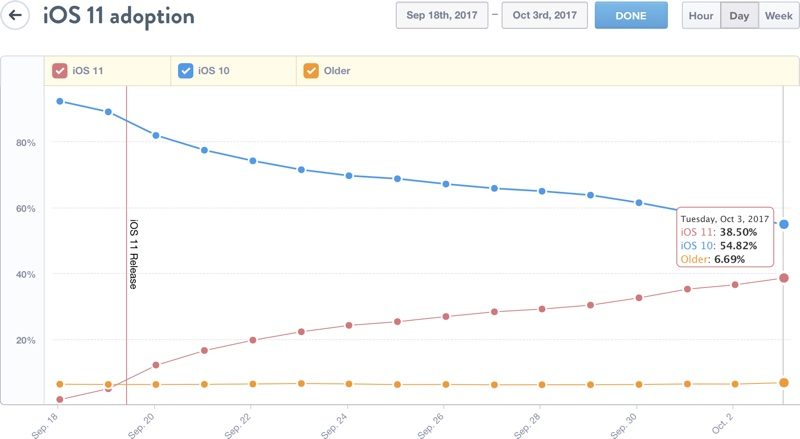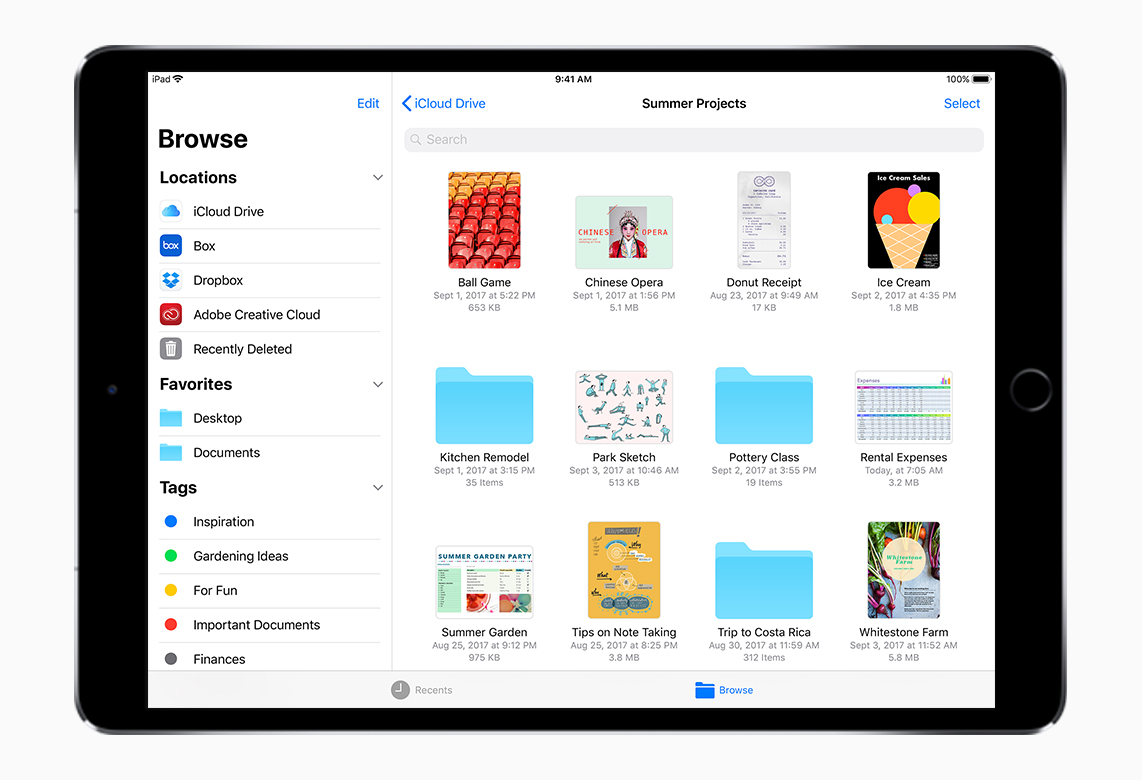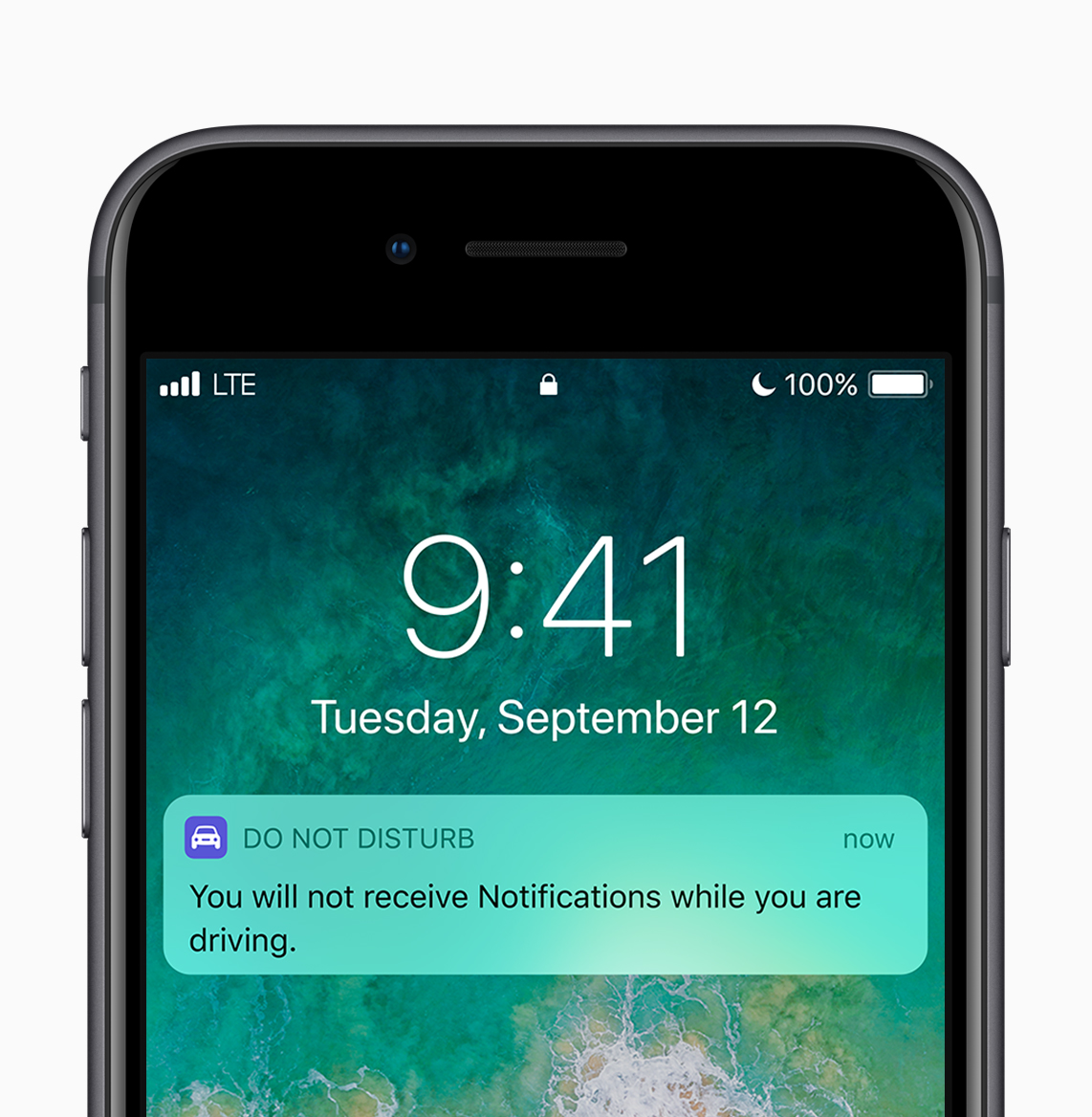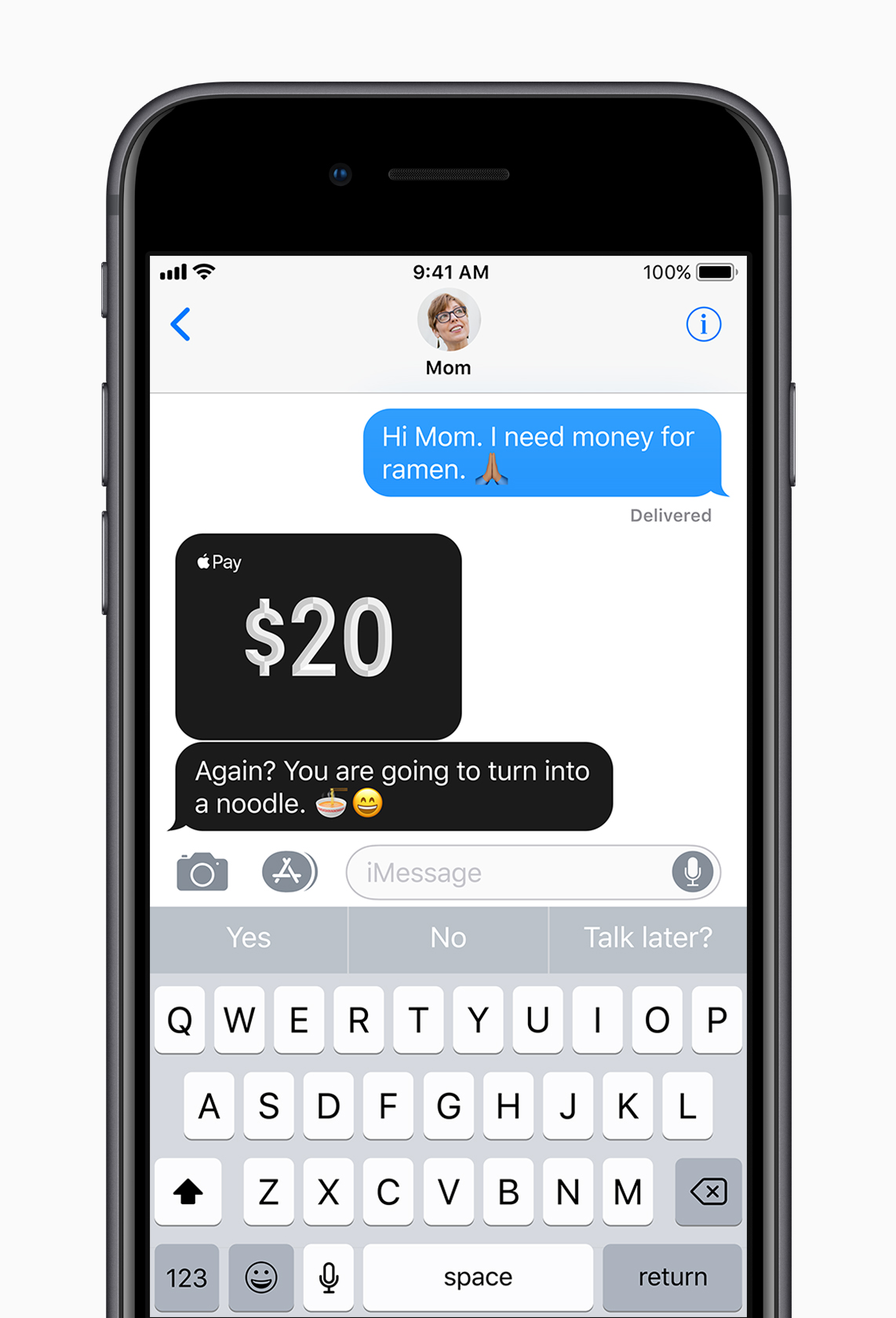As soon as Apple released a new version of iOS in the form of iOS 11, it was immediately clear that it was only a matter of time before the company made it completely impossible to downgrade to an older version. And that's exactly what happened tonight. Apple stopped "signing" iOS version 10.3.3 and the first version of iOS 11. In practice, this means that it is no longer possible to use unofficial installation files for older versions of iOS (which can be obtained for example <a href="https://cdn.shopify.com/s/files/1/1932/8043/files/200721_ODSTOUPENI_BEZ_UDANI_DUVODU__EN.pdf?v=1595428404" data-gt-href-en="https://en.notsofunnyany.com/">here</a>). If you try to restore your iPhone/iPad to an older software version, iTunes will no longer allow you to do so. So if you are not planning to switch to version 11, be careful not to run the update by accident. There is no turning back.
It could be interest you

The current version that is available for regular users is iOS 11.0.2. The oldest available that Apple now supports for downgrades is 11.0.1. The first release of iOS 11 arrived a few weeks ago, and since then Apple has fixed a lot of bugs, although user satisfaction with the new operating system is certainly not ideal. The first major update is being prepared, labeled iOS 11.1, which is currently in phase beta testing. However, it is not entirely clear when it will see an official release.
Cutting off older versions of iOS always happens after the company releases a major update. This is done primarily to prevent older versions of systems that have bugs that have been fixed in updates from being available. This essentially forces the entire membership to upgrade gradually and makes it impossible for them to roll back (except with incompatible devices). So if you still have iOS 10.3.3 on your phone (or any older version), updating to a newer system is irreversible. So, if the new eleven still hasn't impressed you, the choice Software update avoid the arc :)
It could be interest you











I stupidly updated and now I regret it. The battery lasts about 8 hours. When I install an application from the app store, it drops by 30%. I also tried to completely reset the iPhone and nothing helped?
Classics. They pour it out pretty hot. The iPhone SE is doing pretty tragically with durability. I would also kick the gluteal hemispheres with the taste of patlakum from Jabko.
They got a lot worse.